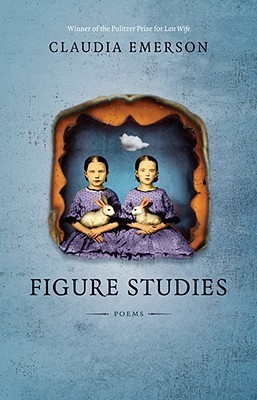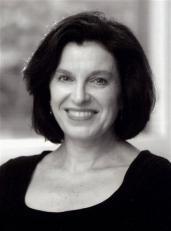
Poet Claudia Emerson begins Figure Studies with a twenty-five-poem lyric sequence called "All Girls School," offering intricate views of a richly imagined boarding school for girls. Whether focused on a lesson, a teacher, or the girls themselves as they collectively "school" — or refuse to—the poems explore ways girls are "trained" in the broadest sense of the word."Gossips," the second section, is a shorter sequence narrated by women as they talk about other women in a variety of isolations; these poems, told from the outside looking in, highlight a speculative voicing of all the gossips cannot know. In "Early Lessons," the third section, children narrate as they also observe similarly solitary women, the children's innocence allowing them to see in farther than the gossips can. The fourth section offers studies of women and men in situations in which gender, with all of its complexities, figures powerfully.The follow-up to the Pulitzer Prize-winning collection Late Wife, Figure Studies upholds Emerson's place among contemporary poetry's elite. The Mannequin above Main Street Motors When the only ladies' dress shop closed, she was left on the street for trash, unsalvageable, one arm missing, lost at the shoulder, one leg at the hip. But she was wearing a blue-sequined negligee and blonde wig, so they helped themselves to her on a lark—drunken impulse—and for years kept her leaning in a corner, beside an attic window, rendered invisible. The dusk was also perpetual in the garage below,punctuated only by bare bulbs hung close over the engines. An oily grime coated the walls, and a decade of calendars promoted stock-car drivers, women in dated swimsuits, even their bodies out of fashion. Radio distorted there; cigarette smoke moaned, the pedal steel conceding to that place a greater, echoing sorrow. So, lame, forgotten prank, she remained,back turned forever to the dark storage behind her, gaze leveled just above anyone's who could have looked up to mistake in the cast of her face fresh longing—her expression still reluctant figure for it.
Author

Born and raised in Chatham, Virginia, Claudia Emerson studied writing at the University of North Carolina, Greensboro. Her poetry, steeped in the Southern Narrative tradition, bears the influences of Ellen Bryant Voigt, Betty Adcock, and William Faulkner. Of the collection Late Wife (2005), poet Deborah Pope observed, “Like the estranged lover in one of her poems who pitches horseshoes in the dark with preternatural precision, so Emerson sends her words into a different kind of darkness with steely exactness, their arc of perception over and over striking true.” Emerson’s volumes of poetry include Pharaoh, Pharaoh (1997); Pinion: An Elegy (2002); Late Wife (2005), which won the Pulitzer Prize; Figure Studies (2008); and Secure the Shadow (2012). Her honors include two additional Pulitzer Prize nominations as well as fellowships from the Library of Congress, the Virginia Commission for the Arts, and the National Endowment for the Arts. In 2008 she was appointed poet laureate of Virginia, a two-year role. Emerson was poetry editor for the Greensboro Review and a contributing editor for Shenandoah. She taught at Washington and Lee University, Randolph-Macon Women’s College, and the University of Mary Washington. She died in 2014. From The Poetry Foundation website. http://www.poetryfoundation.org/bio/c...